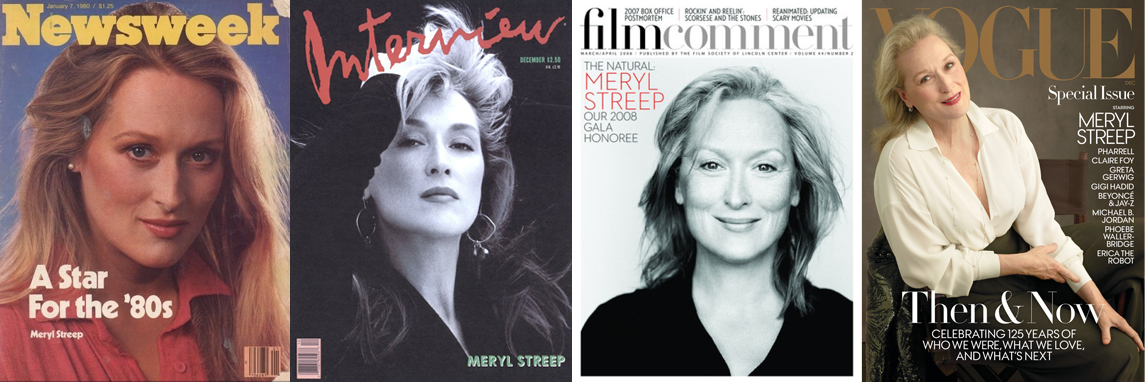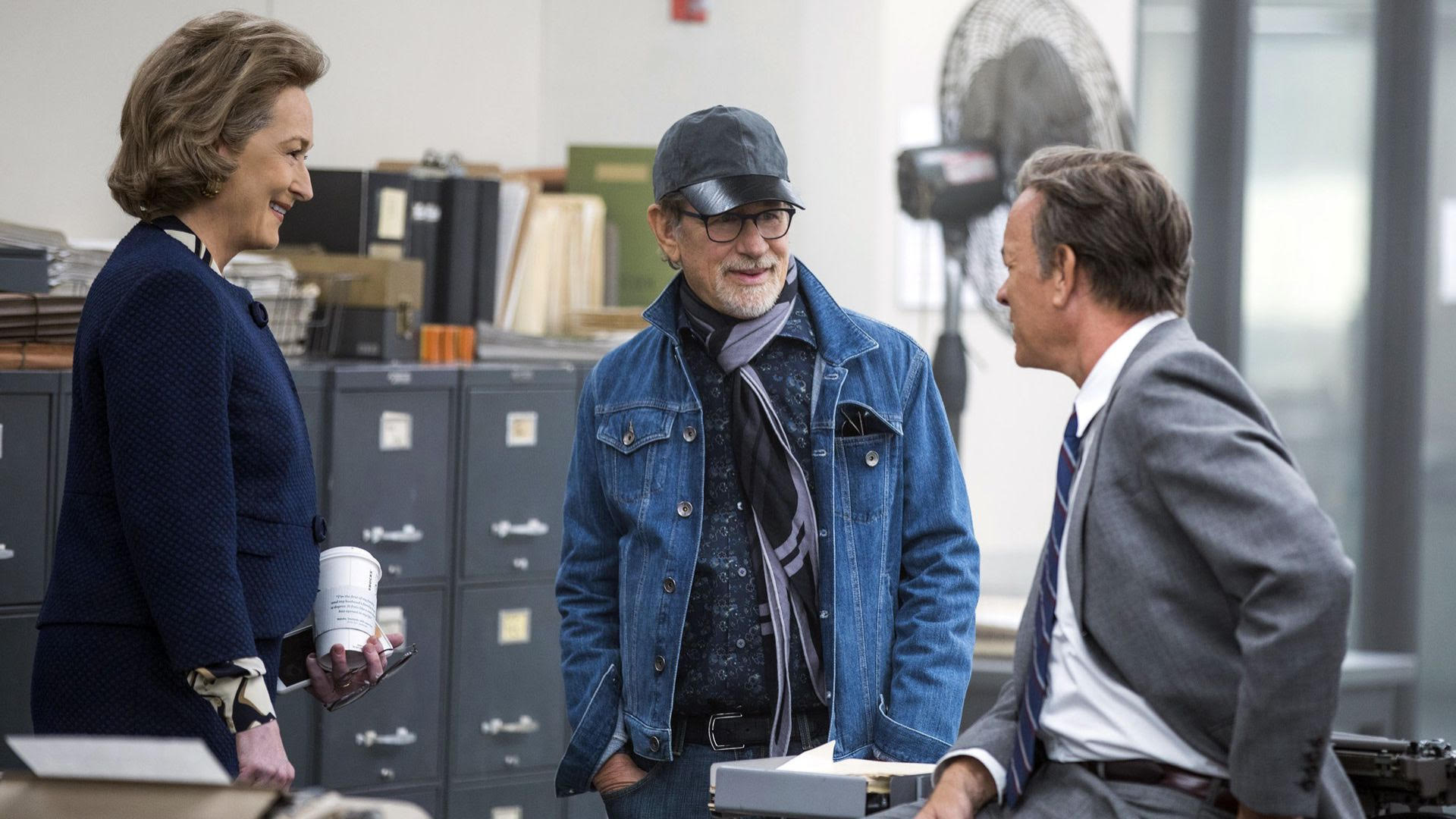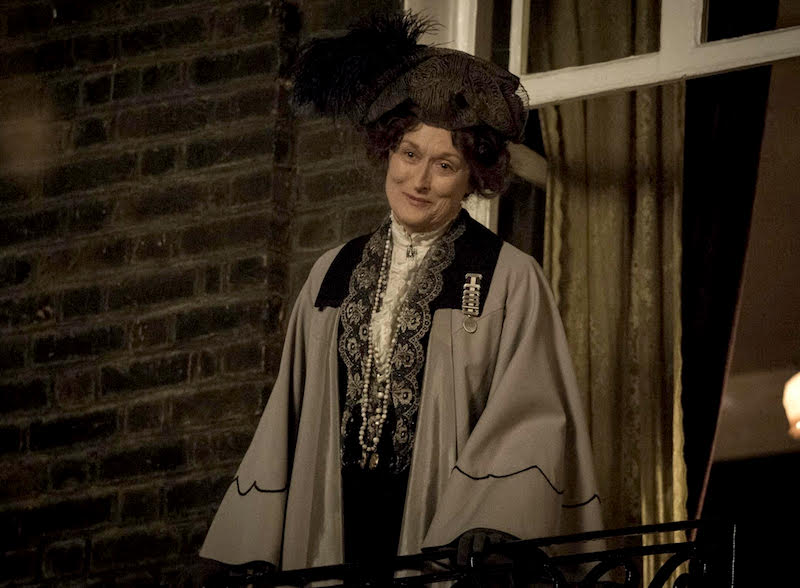Months of Meryl: An Epilogue
 Friday, January 4, 2019 at 7:30PM
Friday, January 4, 2019 at 7:30PM John and Matthew watched every single live-action film starring Meryl Streep.
 Meryl has been a superstar for 40 years now
Meryl has been a superstar for 40 years now
MATTHEW: You never forget the performers who first reach out to you from an illuminated screen and lay claim to your gaze, mind, and devotion. Before I knew anything about the art of screen acting, I knew about the miraculous and almost mythic marvel that is Meryl Streep. Months of Meryl was an undertaking that exhausted and aggravated me without end: for every unparalleled Silkwood in Streep’s filmography, there are at least two The House of the Spirits; for every forgotten or underrecognized gem like The Seduction of Joe Tynan, One True Thing, or A Prairie Home Companion, there are at least three Still of the Nights, Primes, or Dark Matters. But, more importantly, this project illuminated a great deal about a veteran artist whose empathetic interest in the lives of others moved me at such an impressionable age and will never cease to do so.
Watching and writing about Streep’s films side by side by side for well over a year has not taught me a single overarching lesson, but only deepened my appreciation for her mastery...






